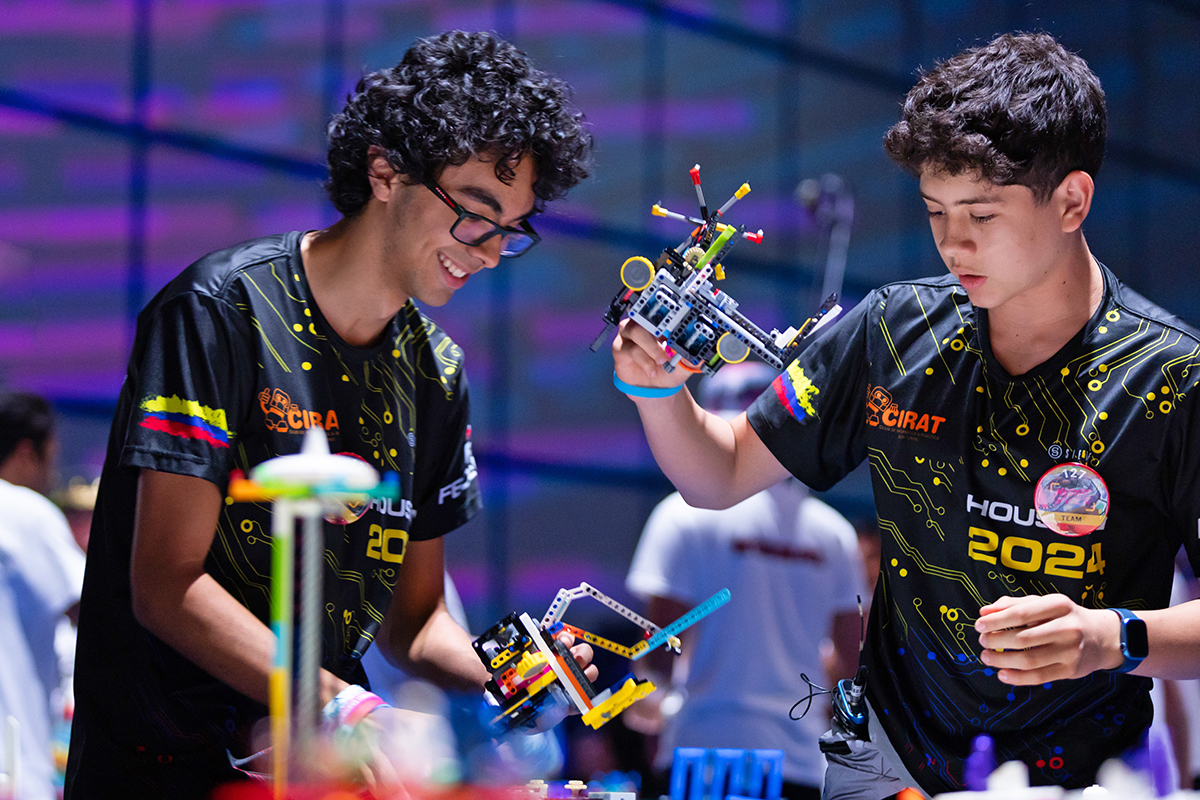Ways To Foster Positive Screen Time
by Annie Zaleski | Aug. 21, 2017 | 1:00 PM

Unless you’ve somehow completely avoided Facebook, Twitter or TV news, you know it’s important to limit how much time your preschooler spends on a phone, tablet or TV. However, not all screen time is bad or unproductive. In fact, plenty of programs and apps can complement real-life interactions and stimulate your child’s brain. Dr. Shelly Senders, founder of the South Euclid-based Senders Pediatrics, shares strategies for smart screen time.
Focus on quality
The American Academy of Pediatrics recommends limiting children between ages 2 and 5 to 60 minutes of “high-quality programming” per day. It includes programs that bring families together, Senders says. The Kindoma Storytime app, for example, uses video chat paired with e-books to connect readers for long-distance story time. “You can learn how to read with your parents or your grandparents or your siblings,” Senders says.
Look for Updated Classics
Apps based around Eric Carle’s The Very Hungry Caterpillar or a variety of Dr. Seuss faves, such as standby The Cat In The Hat, are especially ace. “All those lovely books that we loved when we were kids now have digital variations,” Senders says. “Most of them are really great.” For reading skills, he recommends the Reading Rainbow Skybrary Family. For $39.99 annually, the app offers more than 600 books for kids to peruse.
Understand the Goals
Specific apps help kids develop writing abilities (Lazoo Art Box), critical thinking skills (Busy Shapes 2, LumiKids by Lumosity, Kiko’s Thinking Time) and math aptitude (Mickey’s Magical Math World). The Common Sense Media website can be an invaluable resource for parents looking for reviews and insights into digital offerings. “You don’t need to use screens as a baby sitter,” Senders says.
Connect Online and Offline Worlds
Screen time can be a jumping-off point for real-life fun. Go online and pick out a recipe, seek out ingredients at the store or in the kitchen and make the dish. Or search out craft ideas online and decide on a time to do an activity together. “It becomes a way to connect with your child, even though it may have started out electronically,” Senders says.
Foster Real Communication
Parents should encourage kids to ask questions or start a discussion about their day — and screen time can be a part of that. “Use it as an opportunity to ask them if they asked a good question today or if they learned anything different,” Senders says. “If they didn’t, then spend the time to teach them something.”
Monitor Your Own Screen Time
Kids look to their parents as role models, so be mindful of your screen habits. “That’s really a hard thing to do, because we live in a world where parents are constantly on their phone,” Senders says. So model good behavior by setting limits and content guidelines. “[Make] sure your screen time is the kind of stuff that kids learn is helpful, educational and enjoyable.”
Trending
-
1
-
2
-
3
-
4
-
5










